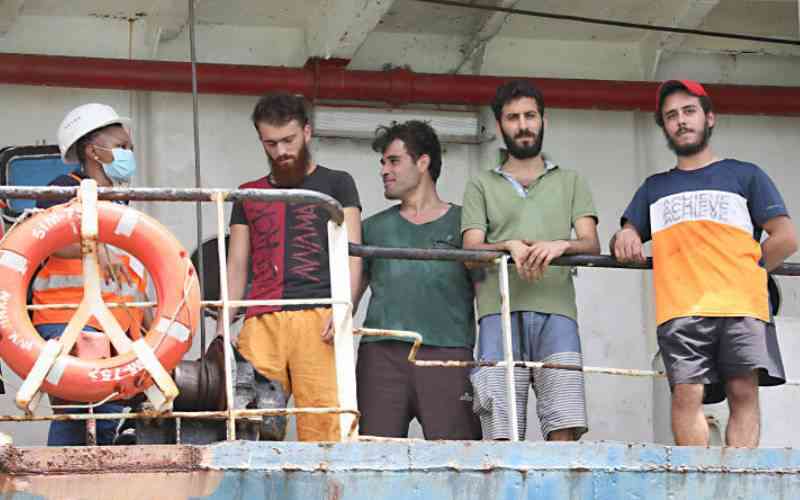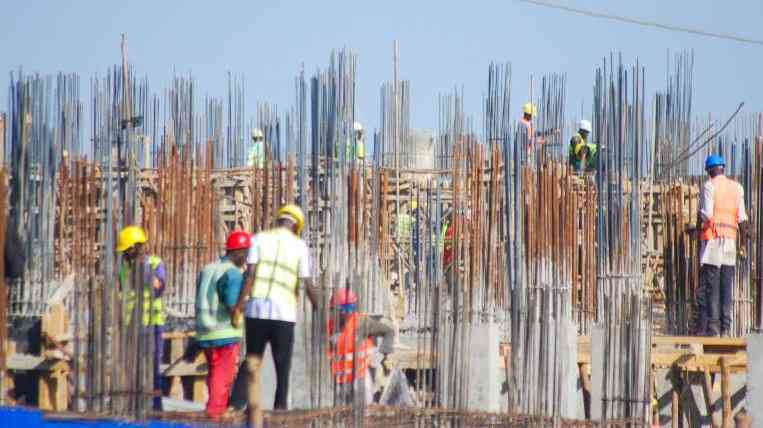×
The Standard e-Paper
Stay Informed, Even Offline

Seafarers are hoping that the William Ruto administration will come up with guidelines that will make the newly mooted Marine Wages Council become operational.
The previous government was slow in creating the council, and when it did, ended its term without coming up with the rules to launch the council into action.







